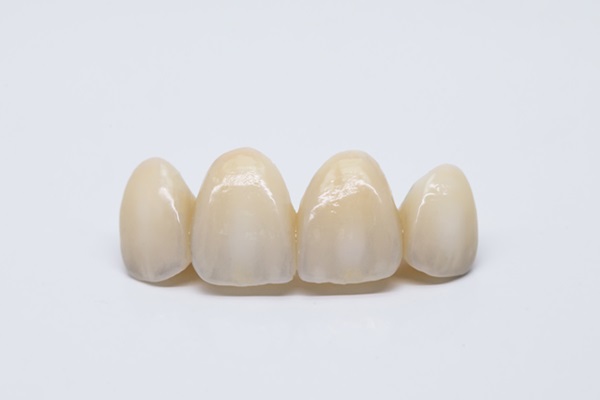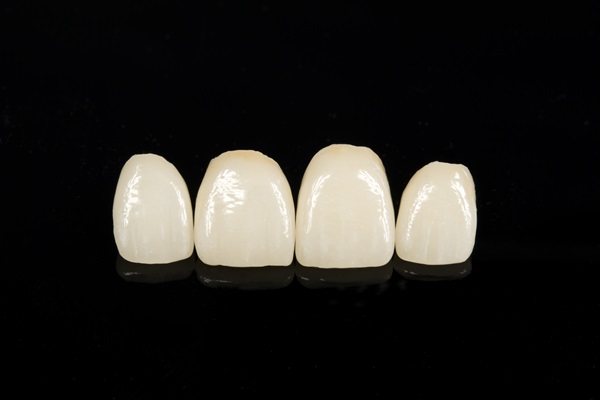A Dentist Explains Why You Should Stop Chewing Ice

When you visit the dentist, you will probably get suggestions on which habits to adopt or avoid. Chewing ice is one of those habits we cultivate unintentionally. Everyone has perhaps crunched through an ice cube or two while downing their favorite cold beverage, but not everyone gets addicted to this practice. If you have an addiction, you may find yourself chewing through a few cups of ice every day, just to satisfy your cravings.
The ice chewing addiction
People chew ice for different reasons — to relieve a dry mouth or stress, to quit cigarette smoking, to stop boredom or to reduce food intake to lose weight.
Habitual ice chewers treat ice like a smoker treats cigarettes. They have their favorite spots for getting ice, and they may often be found scraping the buildups in freezers to meet their demand.
If you are an ice enthusiast, you would probably find the act calming, aside from the crunching noise that your roommate or close friends may find annoying. The sad fact is that chewing ice could be a sign of an underlying health condition and could cause severe damage to your teeth and gums.
The dangers of chewing ice
Although the teeth are made of the hardest material in the body, they are highly brittle when exposed to forces such as ice chewing. Compare the tooth with a porcelain plate — it is hard, but look carefully, and you may notice a series of small fractures across its surface. This is what may happen to your teeth as a result of repeated ice chewing.
The fractures may not be noticeable, but under high magnification and lights, all the tiny fractures across the enamel will be visible. Luckily, the tooth has underlying and supporting tissues and structures to spread out the force generated by the chewing pressure. However, when the resilience of the enamel is strained, you may end up chipping a piece of the tooth, or worse, cause a big fracture that is irreparable.
Even if you are not an ice addict, it will take only a bite with the right force and angle to break your tooth. Although a dentist can repair the tooth with filling material or crowns (for significant damages), some breaks are so bad, they could cause a fracture right down to the tooth root. If this happens, the tooth will need to be removed.
Ice munching will not harm your health like other addictions. However, the potential of dental damage is limitless — cracked or chipped teeth, injuries to tooth enamel, damages to dental restorations such as crowns and fillings and sore jaw muscles. Your teeth may also become highly sensitive to cold or hot foods or drinks, and you will be at a higher risk of cavities.
The bottom line: Stop chewing ice
Visit the dentist if you find ice chewing compulsively. They will perform a screening to see if you have anemia or other health condition that may be causing the cravings. Almost every ice addict loses their cravings after getting the right treatment for their medical condition. Before you injure your teeth further, contact your dentist for a consultation today.
Request an appointment here: https://www.mycaredentals.com or call My Care Dental at (512) 590-6634 for an appointment in our Austin office.
Check out what others are saying about our services on Yelp: Read our Yelp reviews.
Recent Posts
When you need dental bridges, your dentist will work with an oral surgeon to find the best solution for your problem. There are a few things that you can do in preparation for this procedure. This blog post outlines some of the steps you should take before going in for dental bridges surgery.Make a list…
Think you might need a dental crown? Read on to learn more about this restoration. Dental crowns play an essential role in restorative dentistry and are used primarily for correcting damage to the teeth. According to the Centers for Disease Control (CDC), 91% of Americans over the age of 20 have had cavities. Dental crowns…
Wondering what a family dentist has to offer? Read on to learn more. Sometimes the whole family needs to undergo routine dental procedures. Visiting the family dentist’s office at least two times each year may lower the risk of severe dental health issues including gum disease and tooth decay. The dental professional can provide preventive,…
Dental veneers are a popular way to transform your smile and a common cosmetic dental service offered by general dentists. These thin, shell-like porcelain or composite resin covers go directly over the front of natural teeth after a quick preparation process. Because of their ability to make teeth appear uniform in shape, size, and color…


